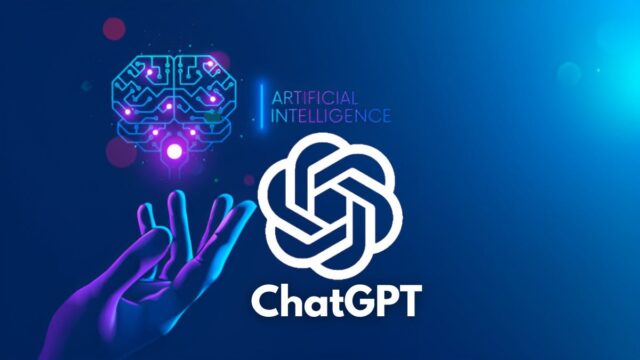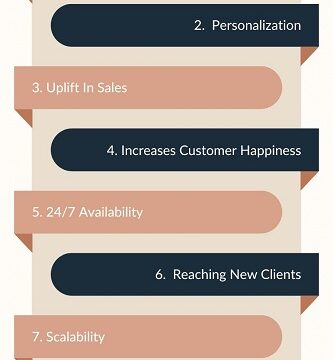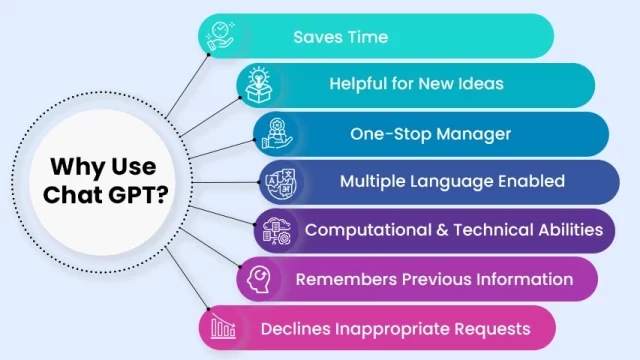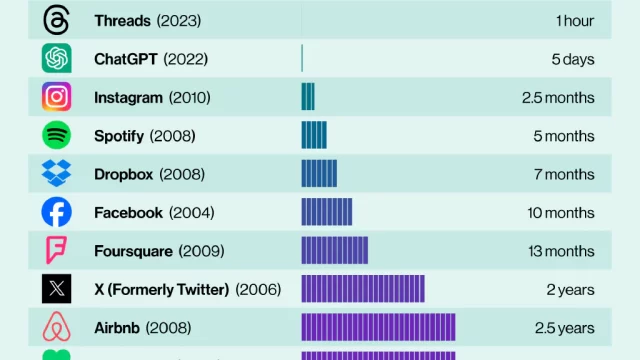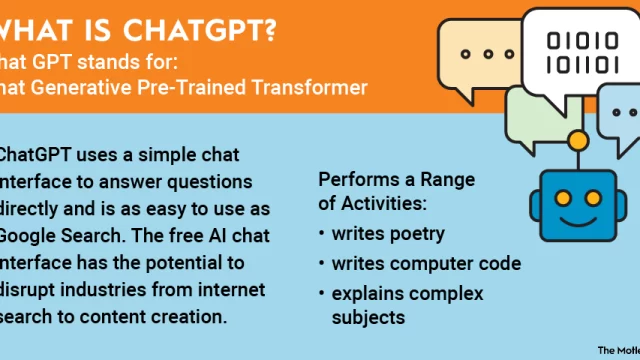Popular
Generative AI
Description
Course Outline
Module 1: Introduction to Generative AI
- Overview of Artificial Intelligence and Machine Learning
- Understanding Generative AI: Definitions and Applications
- History and Evolution of Generative AI
- Key Tools and Frameworks: TensorFlow, PyTorch, and Others
Module 2: Foundations of Generative Models
- Introduction to Neural Networks and Deep Learning
- Autoencoders and Variational Autoencoders (VAEs)
- Generative Adversarial Networks (GANs): Theory and Variants
- Transformers and Diffusion Models
Module 3: Practical Applications of Generative AI
- Text Generation: Language Models (e.g., GPT, LLaMA)
- Image Generation: Tools like Stable Diffusion and DALL·E
- Audio and Video Synthesis
- Ethical Considerations and Responsible AI
Module 4: Building Generative AI Solutions
- Data Preparation and Preprocessing
- Training and Fine-Tuning Generative Models
- Deploying Generative AI Applications
- Integration with Real-World Systems
Module 5: Advanced Topics and Future Trends
- Zero-Shot and Few-Shot Learning in Generative AI
- Multimodal Generative AI
- Customizing and Fine-Tuning Large Language Models
- Trends in Generative AI Research and Development
Course Objectives
- Provide participants with a deep understanding of Generative AI concepts, technologies, and tools.
- Equip learners with the skills to build, train, and deploy generative AI models.
- Promote awareness of ethical considerations and responsible use of generative AI.
- Encourage innovation in developing real-world applications using generative AI.
Learning Outcomes
By the end of the course, participants will be able to:
- Explain the core concepts, methodologies, and frameworks behind generative AI.
- Identify and implement different generative model architectures such as GANs, VAEs, and transformers.
- Use generative AI tools to create applications for text, image, and audio generation.
- Prepare datasets and fine-tune models for specific use cases.
- Evaluate and mitigate ethical risks in generative AI applications.
- Apply generative AI knowledge to solve real-world problems innovatively.
Methodology
- Interactive Lectures: Foundational knowledge delivered through instructor-led sessions.
- Hands-On Labs: Practical sessions to implement generative models and explore AI tools.
- Case Studies: Real-world scenarios and use cases to highlight applications of generative AI.
- Group Projects: Collaborative projects to design and deploy generative AI applications.
- Assessment & Feedback: Periodic quizzes, assignments, and peer/instructor reviews.
- Capstone Project: End-of-course project where participants create and showcase a generative AI solution.
- Guest Speakers: Industry experts to share insights into emerging trends and real-world challenges.
Location
Review
Write a ReviewThere are no reviews yet.











